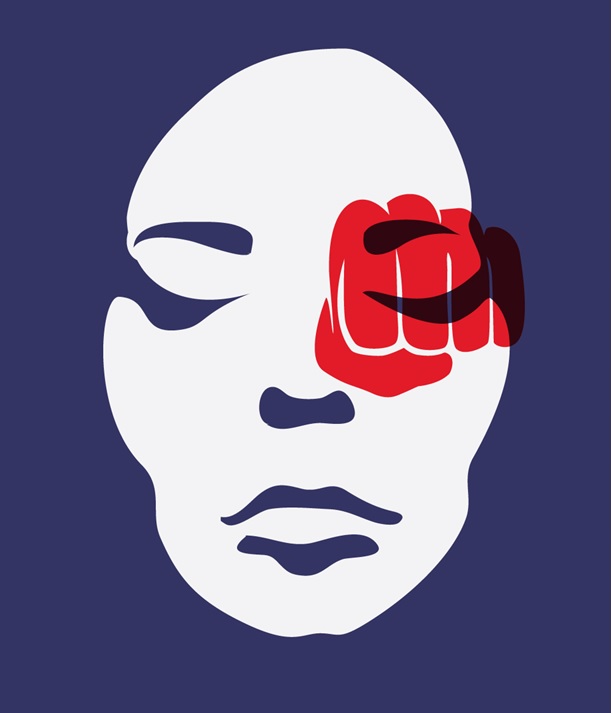 “I know he has a temper…But, I love him.”
“I know he has a temper…But, I love him.”
“It was just this one time. She promised to never do it again…I love her.”
“It’s okay. He said he did it because he loves me…And I love him, too.”
“It could always be worse…Besides, I love her.”
“I know it was my fault and I shouldn’t have made him mad…But, I love him.”
“She’s under a lot of pressure at school. It’s just a little stress…I love her.”
“He apologized. He didn’t really mean it…Besides, I love him.”
Too often, victims of dating violence have said these words to excuse the ill behaviors of their abusers. It might sound crazy, but many people- especially teens like you, have talked about feeling unhappy or being mistreated in a relationship, but say that they still love their abusive partners.
Dating violence is often described as a series of abusive behaviors, usually over a course of time, used to exercise power and control over a dating partner. Many teens, both male and female, have experienced some form of dating violence, including physical, emotional, sexual, or psychological abuse. In fact, dating violence can happen to any teen, regardless of age, race/ethnicity, gender, or sexual orientation. Even more interestingly, the prevalence among high school students is high and continues to rise. Studies show:
- Nearly 1.5 million high school students nationwide experience physical abuse from a dating partner in a single year.
- 1 in 3 high school students will be involved in an abusive relationship.
- Nearly 80% of teen girls who have been physically abused in their intimate relationships continue to date their abuser.
- Both girls and boys can be abused by a dating partner, and both girls and boys can be abusers.
- 24% of males and 28% of females who reported being in exclusive, same-sex intimate relationships also reported experiencing physical violence.
- Across studies, 15-40% of youth report perpetrating some form of violence towards a dating partner.
Consequences of Dating Violence:
Teens who have suffered an unhealthy, abusive, or violent relationship are likely to experience both short- and long-term negative effects including depression and anxiety, tobacco and drug use, alcoholism, and even suicide. Studies show that victims of teen dating violence are also more likely to become pregnant, contract an STD, or engage in risky sexual behavior. Victims of teen dating violence are more likely to become isolated from their own family and friends, and tend to do poorly in school. Teen victims of dating violence in high school are also at higher risk for victimization during college.
Preventing Dating Violence:
Domestic violence can happen to anyone, anywhere and at any time, but it can be prevented! Acknowledging an abusive relationship for what it is can often get you out safely and in time before you become completely entangled.
- Talk to someone if you are unsure about your relationship.
- Educate yourself on the warning signs regarding controlling behaviors, sudden mood changes, or threats of violence from your significant other.
- Looking out for these warning signs can protect you from dating violence.
- If you feel uncomfortable or unsafe in your relationship, be prepared to leave immediately and have the resources on hand at all times to be able to do so (cellphone, money for a cab, etc.).
Remember: Everyone deserves to be in a healthy, safe AND loving relationship. Life should never be lived in fear, especially at the hands of someone you love and who claims to love you.
If you or someone you know is in an abusive relationship, please get help!
Call the National Domestic Violence hotline at 1.800.799.SAFE (7233) or visit loveisrespect.org for more information.
[social_link type=”twitter” url=”https://twitter.com/teenhlthmatters” target=”” ][social_link type=”facebook_account” url=”https://www.facebook.com/TeenHealthMatters/” target=”” ] [social_link type=”instagram_account” url=”https://www.instagram.com/teenhealthmatters_/” target=”” ]
